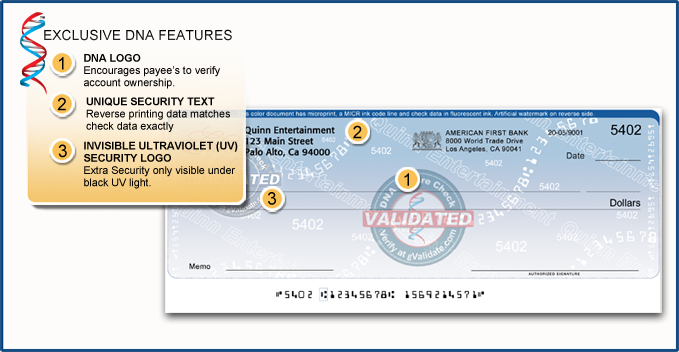

#Java iban validator code#
country code using ISO 3166-1 alpha-2 – two letters,.

The IBAN consists of up to 34 alphanumeric characters, as follows: Where used, IBANs have reduced trans-national money transfer errors to under 0.1% of total payments It carries all the routing information needed to get a payment from one bank to another wherever it may be it contains key bank account details such as country code, branch codes (known as sort codes in the UK and Ireland) and account numbers, and it contains check digits which can be validated at source according to a single standard procedure. IBAN imposes a flexible but regular format sufficient for account identification and contains validation information to avoid errors of transcription.

The official IBAN registrar under ISO 13616-2:2007 is SWIFT.
#Java iban validator registration#
ISO 13616-2:2007 describes "the Registration Authority (RA) responsible for the registry of IBAN formats that are compliant with ISO 13616-1 the procedures for registering ISO 13616-compliant IBAN formats". ISO 13616-1:2007 "specifies the elements of an international bank account number (IBAN) used to facilitate the processing of data internationally in data interchange, in financial environments as well as within and between other industries" but "does not specify internal procedures, file organization techniques, storage media, languages, etc. The standard was revised again in 2007 when it was split into two parts. ISO 13616:1997 was subsequently withdrawn and replaced by ISO 13616:2003. This proposal had a degree of flexibility that the European Committee for Banking Standards (ECBS) believed would make it unworkable, and they produced a "slimmed down" version of the standard which, amongst other things, permitted only upper-case letters and required that the IBAN for each country have a fixed length. In 1997, to overcome these difficulties, the International Organization for Standardization (ISO) published ISO 13616:1997. Routing errors caused delayed payments and incurred extra costs to the sending and receiving banks and often to intermediate routing banks. It also does not contain check digits, so errors of transcription were not detectable and it was not possible for a sending bank to validate the routing information prior to submitting the payment. Routing information as specified by ISO 9362 (also known as Business Identifier Codes (BIC), SWIFT ID or SWIFT code, and SWIFT-BIC) does not require a specific format for the transaction so the identification of accounts and transaction types is left to agreements of the transaction partners. This often led to necessary routing information being missing from payments. bank, branch, routing codes, and account number) were confusing for some users. The check digits enable a check of the bank account number to confirm its integrity before submitting a transaction.īefore IBAN, differing national standards for bank account identification (i.e. The IBAN consists of up to 34 alphanumeric characters comprising a country code two check digits and a number that includes the domestic bank account number, branch identifier, and potential routing information. As of May 2020, 77 countries were using the IBAN numbering system. Initially developed to facilitate payments within the European Union, it has been implemented by most European countries and numerous countries in other parts of the world, mainly in the Middle East and the Caribbean. The current standard is ISO 13616:2020, which indicates SWIFT as the formal registrar. It was originally adopted by the European Committee for Banking Standards (ECBS) and later as an international standard under ISO 13616:1997. An IBAN uniquely identifies the account of a customer at a financial institution. The International Bank Account Number ( IBAN) is an internationally agreed system of identifying bank accounts across national borders to facilitate the communication and processing of cross border transactions with a reduced risk of transcription errors. A typical British bank statement header (from a fictitious bank), showing the location of the account's IBAN


 0 kommentar(er)
0 kommentar(er)
